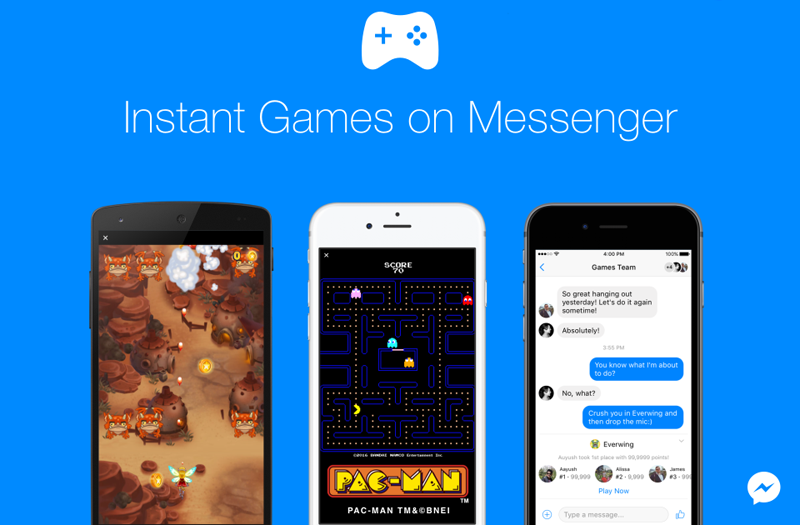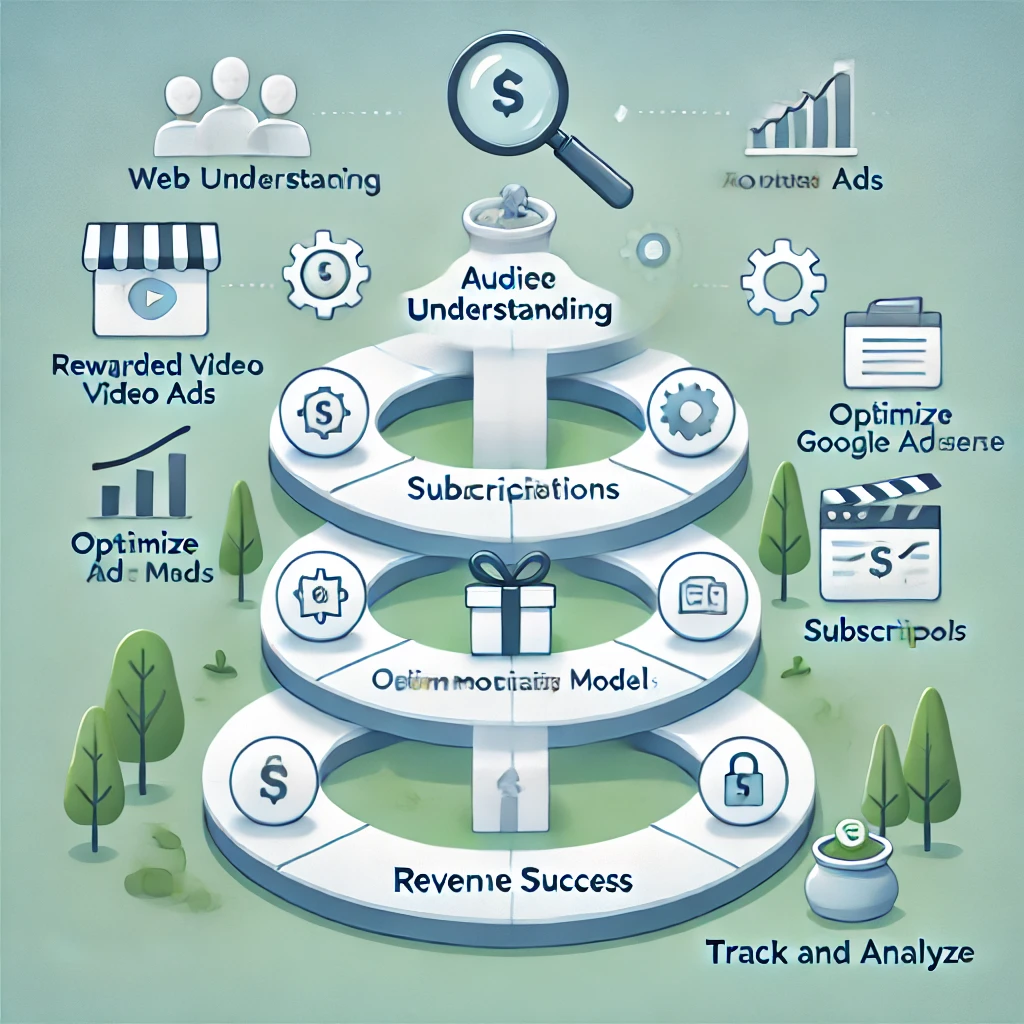Facebook games: the second coming
Facebook is many things to many people. A way of keeping in touch with friends and family. A tool to build a fanbase or business. A time-waster extraordinaire. A conduit for fake news. And, it goes without saying, that wherever there are people tapping away on computers, there are games too.
Of course, we’ve come a long way since those early viral days of Facebook gaming when people spent more time playing Zynga’s FarmVille, and spamming their friends’ feeds for fertilizer, than updating their status and poking each other.
Now, players of mobile games are much less likely to connect through Facebook to allow developers to engage with their social graph, and Facebook’s importance as a gaming platform has been hit by the rise of the app store ecosystem.
But Facebook gaming never really went away and with the company heavily pushing its Instant Games initiative, which launches HTML5 games through the newsfeed and its Messenger platform, Facebook gaming is coming back into fashion.
Ready, steady, go
The key aspect of this reawakening is, as the name suggests, accessibility. Using HTML5 means these games start instantly, so you never waste time waiting for them to fire up when you’re waiting to waste some time.
More significantly, in the case of Instant Games for Facebook Messenger, you have access to all the social glue as with old-school Facebook circa 2010. So you could argue these games are fun because they’re short snacks you can enjoy in between texting and sharing with your mates. Or you could argue that because these games are short snacks you can play with (and against) your friends, sharing progress, victories and defeats through the Messenger platform, they’re the most fun social games available.
It’s no surprise, then, the combination of Facebook Messenger’s highly social 1.3 billion users, the immediacy of mobile devices, and the addictive nature of mobile gaming is proving Instant Games to be a massive success, particularly among a younger demographic, which is heavily messenger-focused.
New opportunities
The emergence of this sector has encouraged a new wave of startups such as Finnish studio QuickSave, UK outfit Mojiworks, and Chatterbox, which was founded by staff from experienced Berlin mobile developer Wooga.
They’re competing with established companies such as webgaming outfit Spil Games and longtime HTML5 proponent CoolGames (both Dutch), and Czech social mobile gaming network Gamee, which have tweaked their original business models to embrace the emerging opportunities of Facebook Messenger.
And Zynga – the company that kickstarted the whole Facebook gaming market – is returning to the fold. It’s heavily investing in the sector, with over 20 games launched, including a version of its Words With Friends app for Instant Games, which is seeing strong take up.
One reason is Words With Friends is already one of the most played games in the US, but there are other reasons it’s been so successful on Facebook Messenger. The first is Words With Friends is an ideal game for a chat or text-based platform because it is text-based and social. You need two people to play. Also, as a turn-based experience, it fits very well with the usage model for texting, which is itself inherently turn-based.
This is reflected in the news the Instant Games version of Words With Friends had over 1.5 billion games played during its first three months. Interestingly, its audience on Messenger was also younger and more male-focused than that for the Words With Friends apps, which tend to be played by middle-aged woman.
Show me the money!
Yet despite the massive audiences for these games – both on Facebook and the other messenger platforms available globally – there remains a massive challenge; monetization.
Facebook started experimenting with a mixture of interstitial and rewarded ads and IAPs in the summer of 2017 but to-date there haven’t been any examples of financial success.
The big issue is any serious attempt to monetize these games adds friction into the system, which is the one thing Instant Games is designed to avoid.
This means it will likely be difficult to get IAPs to work, which in turn means creating the sort of IAP-based in-game economies that encourage the use of rewarded video ads will also be hard. (Our next post will be on AppLixir Reward Video Ads that are currently running on Facebook). That leaves interstitial ads, which work fine but will only generate decent amounts of revenue for games with the largest audiences.
Still, despite this issue, Facebook’s resurgence as a gaming platform shows no sign of slowing. Over 70 games have been launched, with over 100 developers signed up for the platform. Big titles are being released too, with a version of Tetris already live and Angry Birds, Sonic Jump and Disney Tsum Tsum coming soon.
Facebook is also further building out the technology platform for Instant Games, including better analytics tools, and the ability to stream video gameplay via Facebook Live. Words With Friends was the first game to support the feature. With over 245 million people already using video chat on Messenger that’s something likely to further drive engagement.
So time-wasters of the world rejoice. Facebook gaming is back, smoother, faster and even more social than before.
Applixir is a Reward Video Ad platform that helps game developers on Web, Facebook, iOS and Android make more money using Reward Video Ads and PreRolls.



